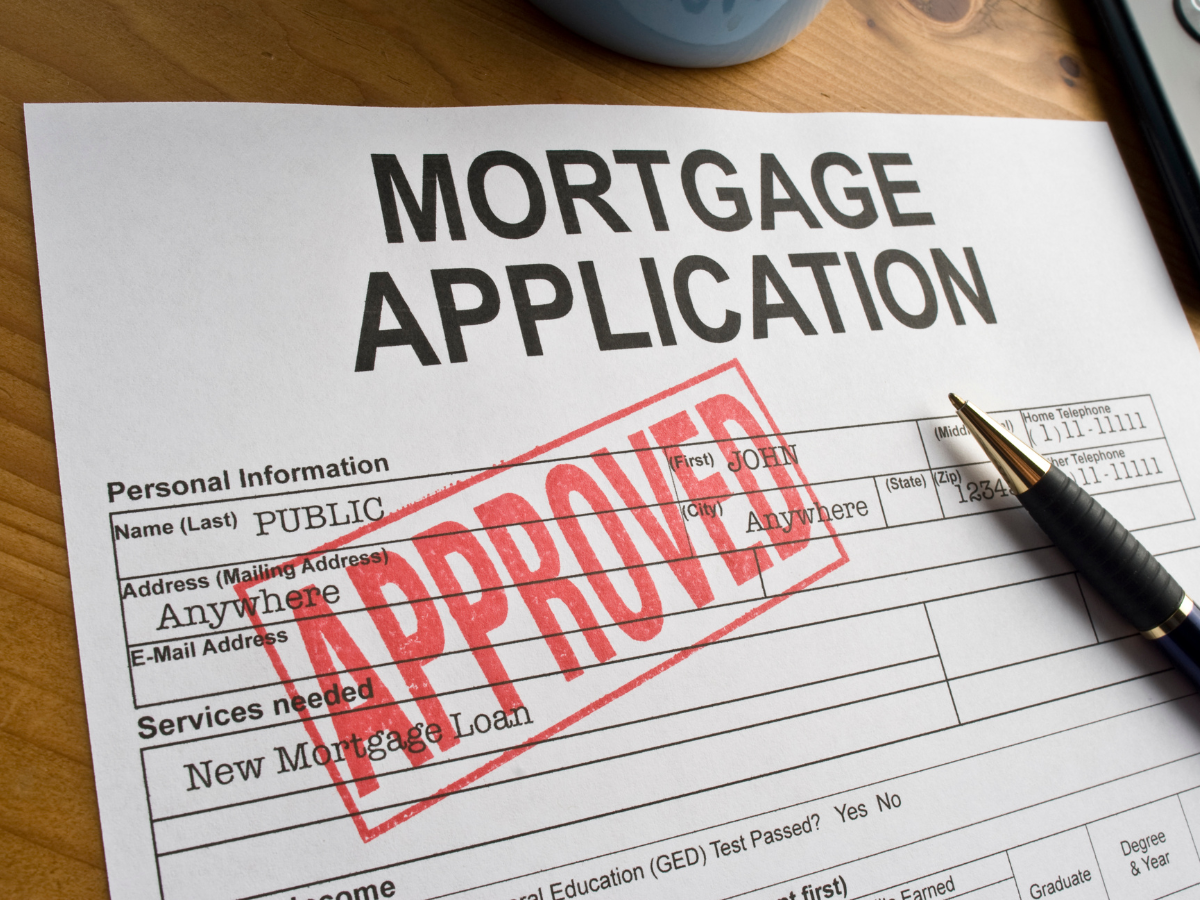Buying a house is a significant decision. It's a milestone that requires careful planning and consideration.
One of the key factors to consider is timing. When is the
best time to buy a house?
This question is often asked by first-time homebuyers and seasoned
real estate investors alike. The answer, however, is not as straightforward as one might think.
It depends on various factors. These include the
housing market trends, the cost of buying a house, and personal readiness.
In this article, we will delve into these factors. We aim to provide you with a comprehensive guide to help you determine the best time to buy a house.
Whether you're eyeing big houses or considering the movers and packers' schedule, this guide has got you covered. Let's get started.
Understanding the Housing Market Cycle
The housing market is cyclical. It experiences periods of growth and decline.
Understanding this cycle can help you identify the best time to buy a house. It can provide insights into when prices may be lower or when there's more inventory available.
However, it's important to note that these cycles can vary greatly by location. What's true for the national market may not apply to your local real estate market.
Therefore, it's crucial to research and understand the specific trends in the area where you plan to buy.
Seasonal Trends in Real Estate
Seasonal trends play a significant role in the housing market. They can influence both the availability of houses and their prices.
Historically, spring is the busiest season for real estate. This is when most people list their homes for sale. However, this also means higher competition among buyers, which can drive up prices.
On the other hand, fall and winter often see a slowdown in the market. There may be fewer houses available, but also less competition. This could potentially lead to better deals.
Here's a general breakdown of the seasonal trends:
- Spring: High inventory, high competition, higher prices
- Summer: Moderate inventory, moderate competition, moderate prices
- Fall: Low inventory, low competition, potential for lower prices
- Winter: Lowest inventory, least competition, potential for the best deals
Economic Indicators and Their Impact
Economic indicators can also influence the housing market. These include factors like employment rates and GDP growth.
When the economy is strong, more people have the means to buy houses. This can drive up demand and prices.
On the other hand, during economic downturns, demand may decrease. This could potentially lead to lower house prices.
The Best Months to Buy a House
While the best time to buy a house can vary, certain months may offer advantages. Historical data suggests that fall and winter often provide better deals for homebuyers.
However, this doesn't mean you should limit your house hunting to these seasons. The best time to buy a house is when you're financially ready and the right property comes along.
Remember, the housing market can be unpredictable. It's influenced by many factors, including local market conditions and broader economic trends.
Why Fall and Winter Can Be Ideal
Fall and winter are often overlooked as good times to buy a house. However, these seasons can offer several advantages.
First, there's typically less competition among buyers. This can give you more bargaining power and potentially lead to a better deal.
Second, sellers who list their homes during these months are often motivated to sell quickly. This could mean they're more willing to negotiate on price.
The Spring Surge: Pros and Cons
Spring is traditionally the busiest season for real estate. This can be both a pro and a con for buyers.
On the positive side, there's usually a larger inventory of homes for sale. This gives you more options to choose from.
On the downside, the increased competition among buyers can drive up prices. It can also make the buying process more stressful.
Summer Slowdown: Opportunities and Challenges
Summer is a bit of a mixed bag in the housing market. While it's not as busy as spring, it's not as slow as fall and winter either.
The inventory of homes for sale is usually still quite high. However, so is the competition among buyers.
On the plus side, families with children often prefer to move during the summer. This can lead to more homes coming on the market, especially in family-friendly neighborhoods.
Personal Readiness: A Key Factor
While market trends are important, personal readiness is key. Buying a house is a significant financial commitment. It's crucial to ensure you're financially stable before making this leap.
Consider your current financial situation, future income prospects, and other financial obligations. It's also important to have a solid emergency fund in place.
Remember, the best time to buy a house is when you're ready, not when the market seems favorable. Timing the market perfectly is nearly impossible, but buying when you're financially prepared is always a smart move.
First-Time Homebuyer Considerations
For first-time homebuyers, the process can seem daunting. It's important to take your time and not rush into a purchase.
Start by understanding your budget and what you can afford. This includes not only the purchase price but also ongoing costs like maintenance, insurance, and property taxes.
Consider seeking advice from financial advisors or housing counselors. They can provide valuable insights and help you navigate the home buying process. Remember, buying a house is a long-term commitment. Make sure you're ready before taking the plunge.
Financial Aspects of Home Buying
Understanding the financial aspects of home buying is crucial. This includes not only the purchase price but also the ongoing costs of homeownership.
Consider the impact of mortgage rates on the overall cost of buying a house. A lower rate can save you thousands over the life of your loan.
Also, don't forget about homeowners' association (HOA) fees, property taxes, and insurance. These can add significantly to your monthly housing costs.
Mortgage Rates and the Cost of Buying a House
Mortgage rates play a significant role in determining the cost of buying a house. A lower rate means lower monthly payments and less interest paid over the life of the loan.
Keep an eye on
mortgage rate trends. If rates are low or falling, it might be a good time to buy.
However, don't let low rates rush you into buying. It's more important to buy when you're financially ready and have found the right house.
Closing Costs, Movers, and Other Expenses
Closing costs are another significant expense when buying a house. These can include loan origination fees, appraisal fees, and title insurance, among others.
Remember to budget for
moving expenses as well. Hiring movers and packers can be costly, especially during peak moving times.
Finally, consider the cost of repairs and maintenance. These can add up, especially if you're buying an older house. Always have a home inspection before buying to avoid any costly surprises.
Conclusion: When to Make Your Move
At Hometowne Realty Professionals, we specialize in helping you navigate the home buying process with expertise and care. Our team of dedicated realtors is committed to understanding your unique needs and guiding you through every stage, from market analysis to closing the deal.
Whether you're a first-time homebuyer or looking to upgrade, we provide personalized service to ensure you find the perfect home. If you're ready to explore your options or have any questions,
contact us today. Let us assist you in making your homeownership dreams a reality!
Photo By: Bank Rate












